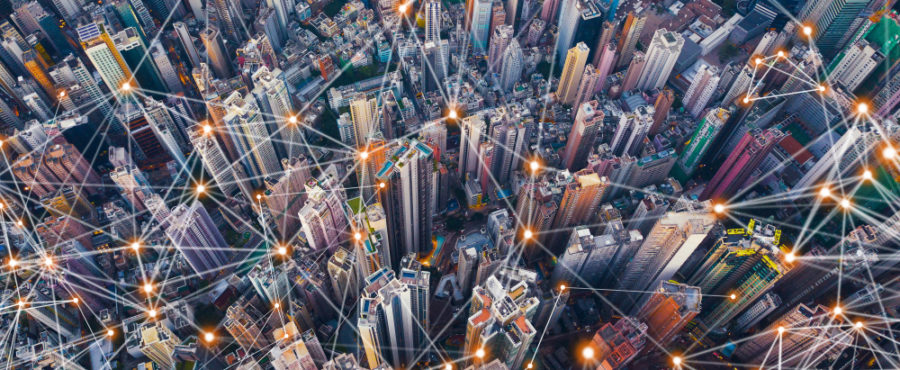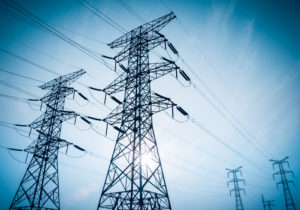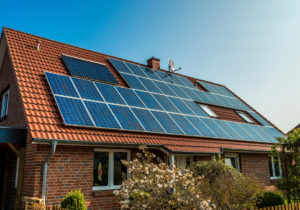
State-of-the-art technologies are helping us manage electric power. Blockchain is already allowing instant transactions in the energy market, with no middle parties involved, which significantly reduces power delivery costs. This technology will also enable maintenance and management of home power stations – generation of energy from renewable sources, storing and reselling the energy, once surpluses are generated. What is more, artificial intelligence will help manage power grids of entire cities or countries.
“Blockchain is a technology which in the near future will help us effectively manage power consumption. Today we have a very big problem managing energy profiles of end users. Consumers are not fully aware of how they consume energy. The hardest thing is to understand the process. Once we comprehend the whole process, we can easily manage and optimise it and generate savings”, Artur Pollak, CEO of APA Group told Newseria Innowacje news agency.
Blockchain will make it easier to obtain power from networks of distributed providers. We have already seen the first implementations of blockchain in Europe’s energy sector. German power operator, E.ON, and Italian Enel were the first to perform blockchain operations in the European power market. These operations are performed in real time with no support from middle parties. This is the reason why distribution costs for the end consumer were reduced, while in this distribution model the energy is provided from the producer to the consumer in a peer-to-peer transaction.
“Blockchain might support our electricity production processes. Everyone might become a power producer. We may install solar panels or a wind turbine on our balcony and generate power, which we ourselves will consume and may sell some of it. We will be able to manage that process ourselves”, the expert says.
Blockchain will also reduce power costs for the end consumer. Bosch engineers have used this technology in their smart refrigerator project. Once connected to the internet, the fridge will allow us to fully manage the power consumption process, which is a part of an offer of Wien Energie, an Austrian power distributor. Having connected with a mobile application, the client will be able to decide upon the source of the energy delivered to their home. The software will also track, in real time, power consumption, control the temperature inside the refrigerator and monitor the appliance’s technical condition.
However, to resolve the issue of ineffective power distribution, one must reach out to solutions operating on a global scale, enhancing power storage and generation processes. The iDistributedPV project, initiated within the EU Framework Programme Horizon 2020, is to popularize systems of obtaining electricity from renewable sources and to adjust the network to become compatible with distributed power generation systems, such as solar panels installed on private houses.
In the future, the power network decentralization project may go even further. Moixa decided to establish an experimental virtual power plant. It will process and store power using solar panels, quick electrical car charging systems, energy storages or heating systems. The GridShare platform, an integral component of the system, will use AI processing power to effectively manage the entire power network’s performance.
“We have already seen zero net energy facilities, i.e. ones where power generation approximately equals power consumption. This means we do not buy energy in the market, we generate it ourselves. Zero energy roofs are used in passive buildings. The future is slowly approaching us. Poland is a very modern country – technological innovations very quickly adapt to the needs. So far renewable energy has not had a good press, but now wind turbines or solar panels are something that in the future is most likely to resolve today’s power shortages”, anticipates Artur Pollak.
According to MarketsandMarkets analysts, the value of the global market of smart energy systems in 2018 reached nearly 24 billion dollars. Forecasts say that by 2023 it will have exceeded 61 billion, with an average annual growth of 21 per cent.
Source: Newseria




